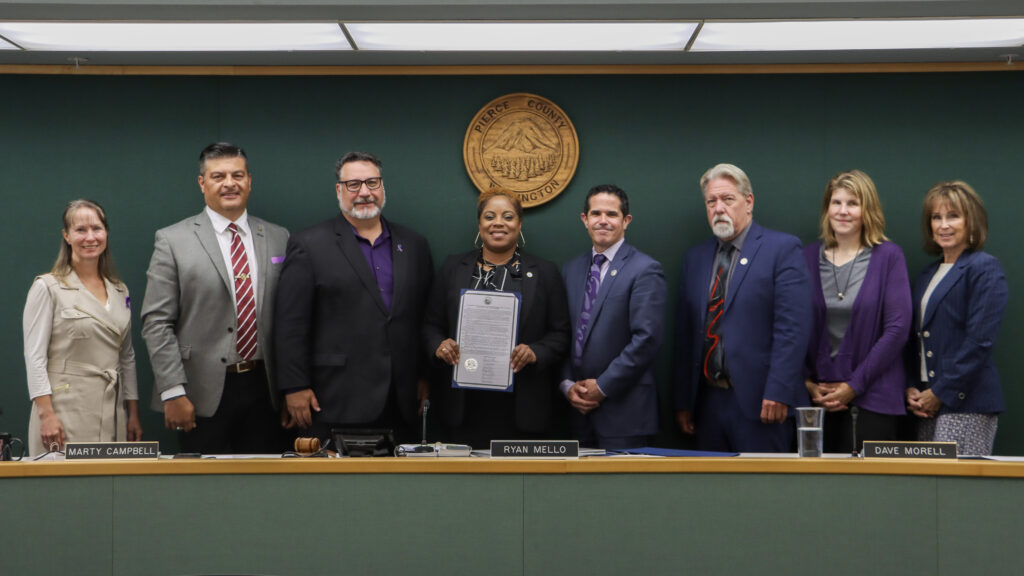Addressing the Chronic Disease that is Opioid Use Disorder
The opioid epidemic has gripped the United States since the 1990s, and it has taken a particularly heavy toll on Pierce County, Washington and the greater Puget Sound region. Between January 2021 and June 2023, more than 800 Pierce County residents lost their lives to drug overdoses, including those involving stimulants. The crisis is most rapidly growing among young adults aged 18-24, both in Washington State and Pierce County.
In response to the ongoing and devastating impact of the opioid epidemic, the Pierce County Council included in its 2024 summer supplemental budget an allocation of an additional $2 million to establish new mobile medically assisted treatment services for individuals suffering from opioid use disorder, a chronic disease that requires lifelong treatment.
“If a person has opioid use disorder, they are going to have it for the rest of their life, and they are going to need medication,” says Dr. Asif Kahn, an internal medicine physician who also specializes in addiction treatment and heads Washington Northwest Integrated Health as its CEO and Medical Director. “How many of your family and friends, people you know, who are Type 2 Diabetic and not taking the medication, and just with lifestyle alone, managing their diabetes? I don’t know any. Similarly, with opioid addiction, patients do need medication.”
This budget appropriation is in addition to the $210,000 in the 2024-2025 Biennial Budget to support the Tacoma-Pierce County Health Department’s MedsFirst Pilot Program. This program aims to eliminate barriers to accessing medications for opioid use disorder, providing a crucial pathway to recovery for those affected.
All seven members of the Pierce County Council also signed a Proclamation designating Aug. 31 as Opioid Awareness Day to raise awareness about the significant need to combat the opioid crisis and encourage community members to seek education opportunities to increase their knowledge about the signs of overdose, the best response practices, local services and treatment options, and how to refer people with substance use disorder to additional services by visiting tpchd.org and wa.211.org.
Another important opioid crisis-related action authorized by the Council was the creation of the Opioid Abatement Council, OAC, which consists of the County and the cities of Auburn, Bonney Lake, Edgewood, Fife, Gig Harbor, Lakewood, Puyallup, Sumner, Tacoma, and University Place. The OAC ensures the $48 million the Pierce County region will receive from various opioid settlements over the next 17 years is invested to have a substantial impact in addressing the opioid epidemic and aiding in recovery efforts.
These settlements result from opioid manufacturers knowingly marketing opioids as non-addictive ways to manage chronic pain, leading people to become unknowingly addicted and develop opioid use disorder. The OAC will ensure that these funds are spent according to the settlement’s approved uses, including treatment programs for addiction recovery and educational programs about the harms of opioid abuse.
Addressing substance use disorder is a significant priority area of the Pierce County Council. You can learn more about the budget appropriations the Council has made here.
The Pierce County Executive still needs to sign the summer supplemental budget before any changes to the 2024-2025 Biennial Budget can go into effect. You can read more about the summer supplemental here.
